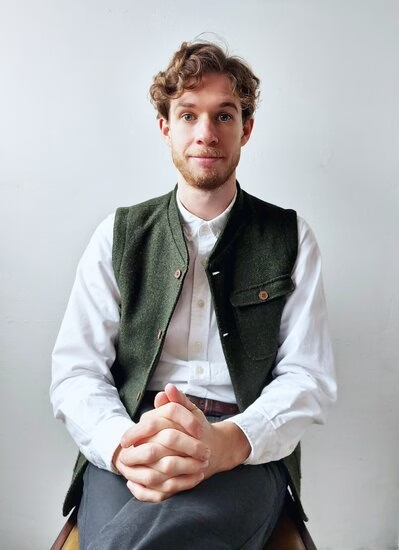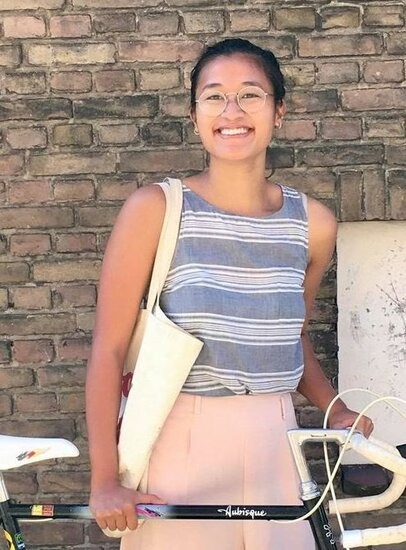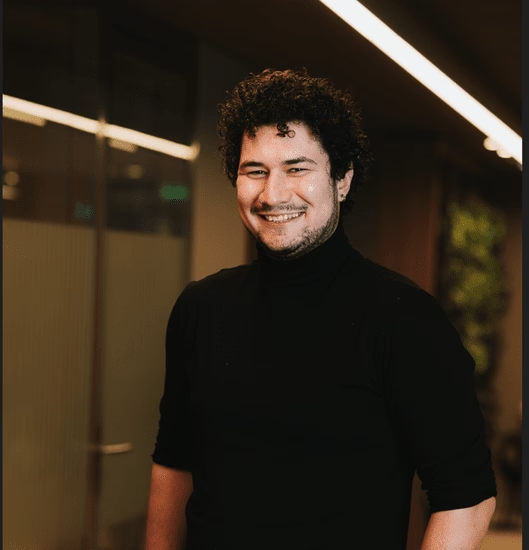Grant NWO Aspasia
Project name: How much is enough
Researcher: Prof. dr. Constanze Binder
Start date: 2019
Global natural resources are depleting. A transition away from current economic systems is extremely urgent, but such transitions face a conflict between environmental policies and a core liberal value: non-interference in lifestyles. This is due to lacunae in contemporary liberal thought: preferences are a given, and the impact environmental constraints have on freedom is neglected. This project fills these lacunae through a moral framework for assessing new socio-economic systems; this allows accounting for the constraining effect current societal structures have on preferences, and comparing institutional changes in terms of resources that enhance freedom to pursue valuable lifepaths. Neglected aspects of the capability framework will be developed by employing the literature on overall freedom and freedom-rankings in political philosophy and social choice theory (main applicant). The theoretical framework is then used in a deliberative poll to identify how far deliberation about sustainable lifestyles may lead to preference changes caused by the current lack of alternative less-resource-intensive lifestyles (PhD researcher).
Natural resources are depleting rapidly, making a transition from our socio-economic structures/ personal lifestyles to less-resource-intensive ones extremely urgent (UNEP 2017). An obstacle to such transitions is that environmental policies are often in conflict with a core principle of liberal societies: non-interference in people’s lifestyle preferences (Wissenburg 2001). This conflict arises due to two lacunae resulting in the neglect of possible-freedom enhancing effects of social change: existing preferences are taken as given in contemporary conceptions of freedom, failing to acknowledge that existing institutional constraints affect preference formation. The second lacuna is that conventional liberal theories fail to account for how a lack of natural resources may constrain freedom. Consider Anne, who adapted her preferences to the currently-available option of a diesel-fuelled car to visit her family given the lack of affordable public transport. Prohibiting diesel cars infringes her freedom to pursue her preferences. Yet the impossibility of taking a walk without risking her health in a polluted city would not count as a constraint on her freedom. This twofold-neglect makes it conceptually impossible to account for the role available alternatives may have on a person’s preference formation or how resource depletion curtails freedom.
This project aims to overcome this apparent conflict and develop an approach to green liberalism. It will do so by drawing on political philosophy, decision theory and philosophy of economics in particular. More specifically subproject 1 fills these lacunae and develops a moral framework to assess alternative economic structures/lifestyle formation in Western societies, by developing hitherto neglected aspects of the capability approach to human development (Sen 1999, Nussbaum 2011). Subproject 2 addresses the relationship between resource use, ideas of the good life and preference formation/ adaptation in affluent societies.
 Binder, Prof. Dr. C.B. (Constanze)E-mailadres
Binder, Prof. Dr. C.B. (Constanze)E-mailadres Mullins MRes, B. (Benjamin)E-mailadres
Mullins MRes, B. (Benjamin)E-mailadres Yu MA, E. (Erica)E-mailadres
Yu MA, E. (Erica)E-mailadres Frey MA, G. (Gideon)E-mailadres
Frey MA, G. (Gideon)E-mailadres